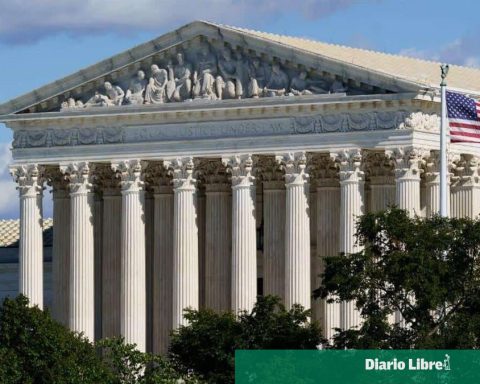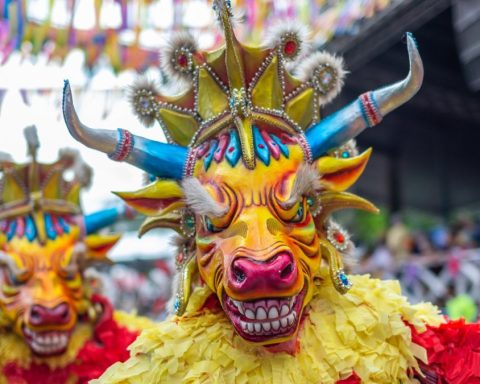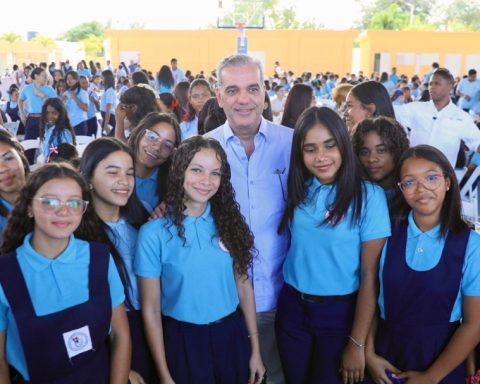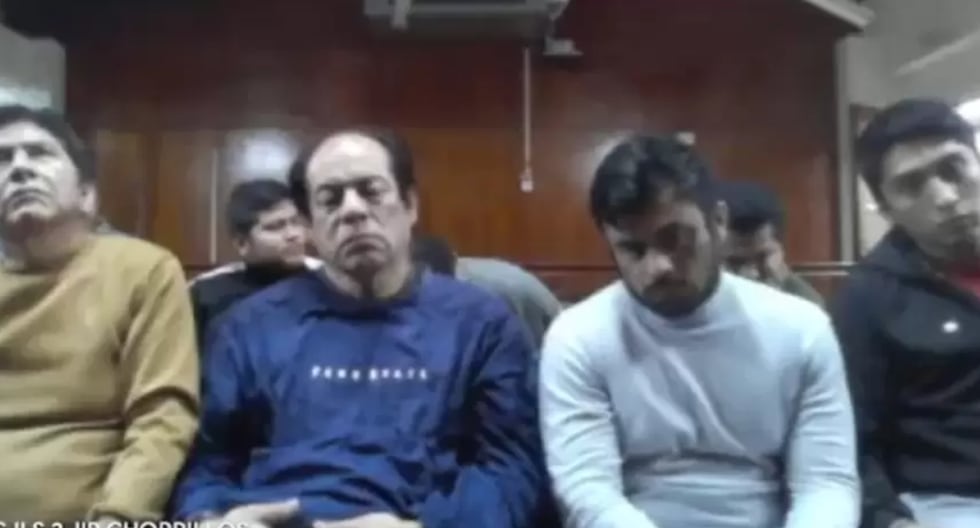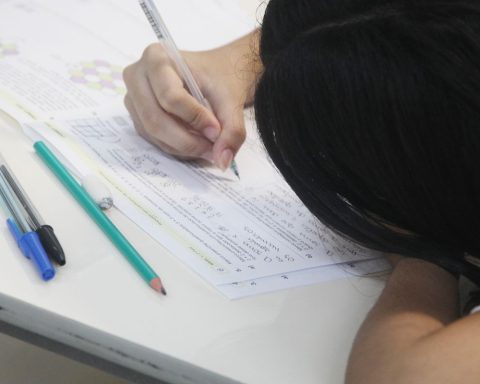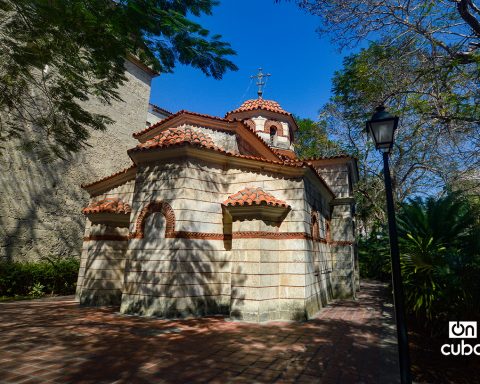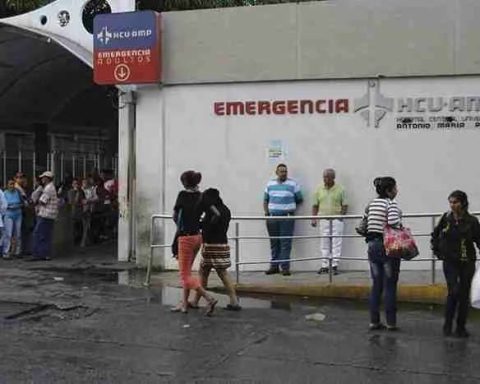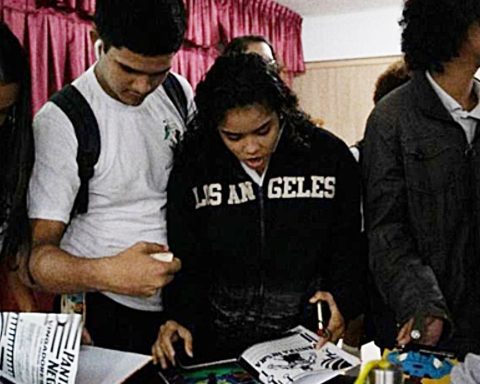The anthropologist Tahira Vargas revealed this Monday the social effects that the repatriations of Haitian citizens are generating in various communities and neighborhoods of the Dominican Republic.
According to Vargas, although there is still no exhaustive study on the magnitude of the impact, direct observation and analysis of the dynamic of coexistence show significant consequences on social cohesion and community peace.
“We cannot yet say that there is an exhaustive study of all the social impact, but what we have been able to identify in the interaction processes shows that the impact has been significant for several reasons,” commented the expert.
He explained that the Haitian population does not live segregated from the Dominican population; On the contrary, both communities share a social fabric in which relations of solidarity have emerged.
“These relationships allow the emergence of community leadership, especially Haitian women, who have achieved in many places the establishment of schools, improvement of neighborhoods and so on,” Vargas stressed.
However, this social structure is threatened by repatriations.
Vargas highlighted that the actions of the immigration authorities, together with the National Police and the fact that anyone can “pick up” Haitian citizens has created strong tension.
The anthropologist related how these violent practices not only separate families, but also leave boys and girls in situation of vulnerability, to the point that some children tell, through tears, how their friends have been taken away, leaving families disintegrated and children out of schools.
Momentary arrest of PRM president in Pedernales for not carrying an ID
Following the arrest last Thursday of the provincial president of the Modern Revolutionary Party (PRM), Yoneyre Santana, for supposedly not carrying his identity card.
Vargas questioned the reason for the arrest and suggested that the detention could be linked to Santana’s skin color, expressing candidly: “What did he do to be imprisoned? Being black.”
Understand that although in country While admitting racism is avoided, the reality is that authorities frequently associate dark-skinned people with crime.
In addition, he explained that there are people who prefer not to carry their ID for fear that the officers will retain it permanently.
Vargas suggested that in the protocol of the General Directorate of Migration (DGM) “We just need to add the word ‘parsley’ to identify who is Dominican or foreign.”
«There are cases of people who have been taken away by the Police because the majority of the population is black and we do not fully understand that and the same Police who take them away are black«he added.
For the anthropologist, the situation becomes paradoxical, since even police officers, who are also mostly black, seem to reinforce prejudices and racist attitudes.
These statements were offered in the program The Day.

